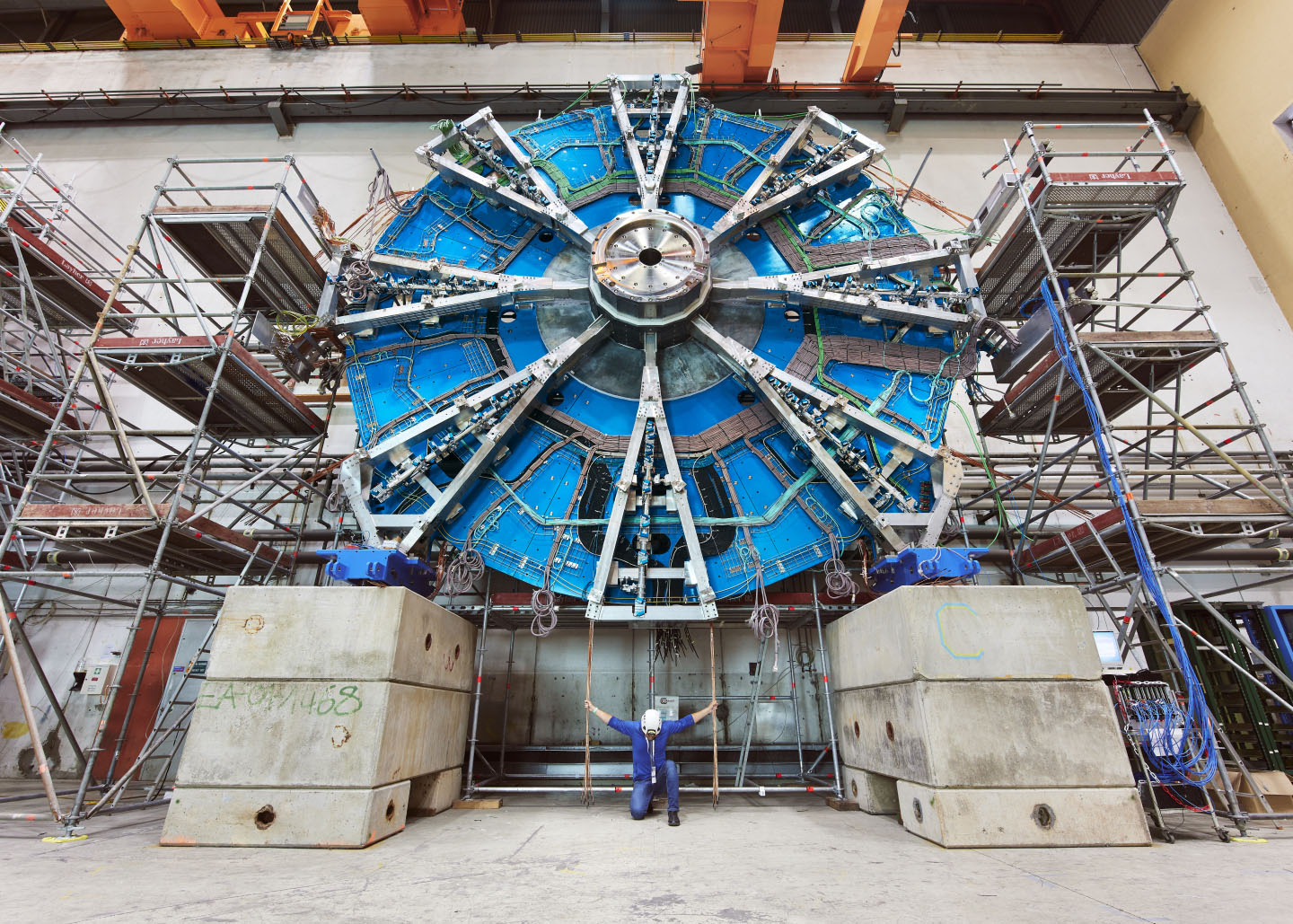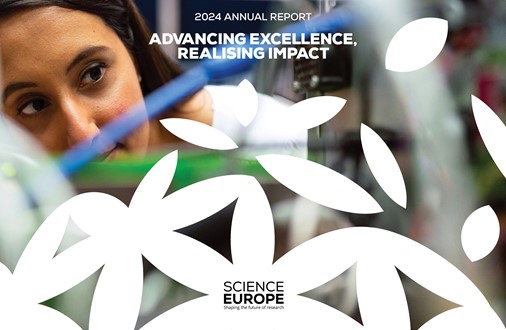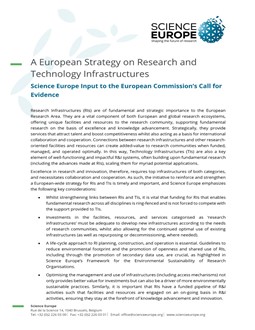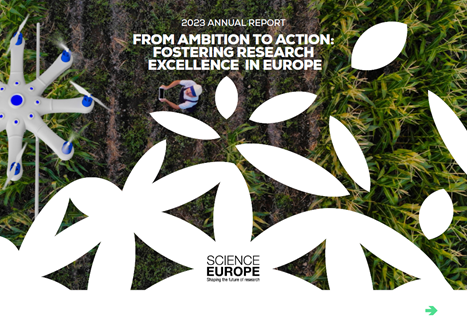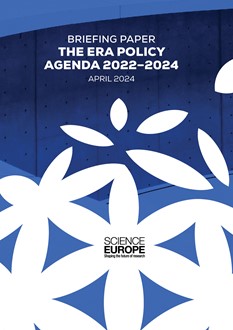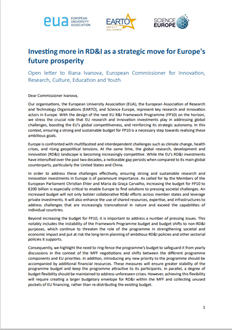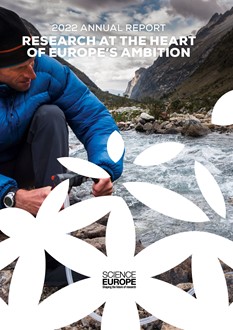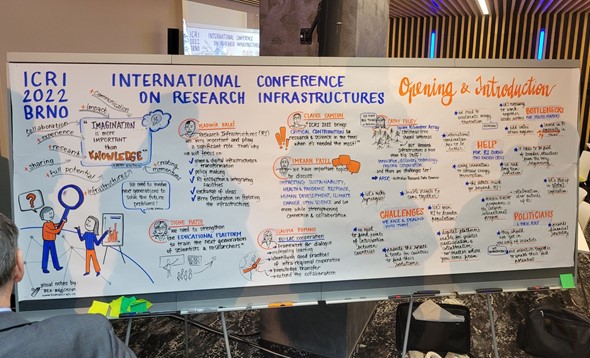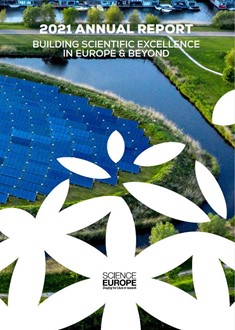What are the current priorities?
Science Europe aims to facilitate meaningful dialogue between RI funders, operators, and the scientific communities; provide guidance and promote mutual learning by sharing best-practices; ensure relevant consolidated contributions to ERA initiatives related to RIs; and liaise with the relevant stakeholders at European and global levels.
What is Science Europe doing to achieve these aims?
In November 2018, Science Europe, together with the Organisation for Economic Co-operation and Development (OECD) Global Science Forum (GSF), launched a joint activity on ‘Optimising the Use and Operation of National Research Infrastructures’ and produced guiding Models for optimising the operation and use of research infrastructures at national level.
This activity builds on Science Europe’s previous exploratory work on the notion of portfolio of RIs conducted in 2016-2017 by a dedicated Working Group on RIs.


